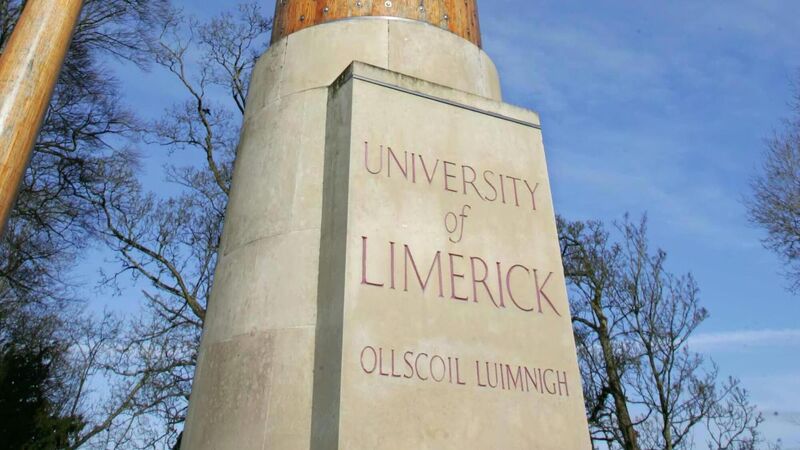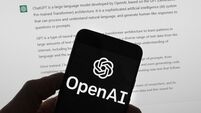University of Limerick to investigate how AI text was part of book written by senior academic

A spokesperson for University of Limerick confirmed an investigation was under way under the institution’s protocol for managing allegations of misconduct in research. Picture: Kieran Clancy
The University of Limerick has launched an investigation into how text-generated by AI came to be included in a scholarly book authored by one of its senior academics.
Earlier this year, the book, titled , was first published by Springer Nature, a German-British academic publishing company.













